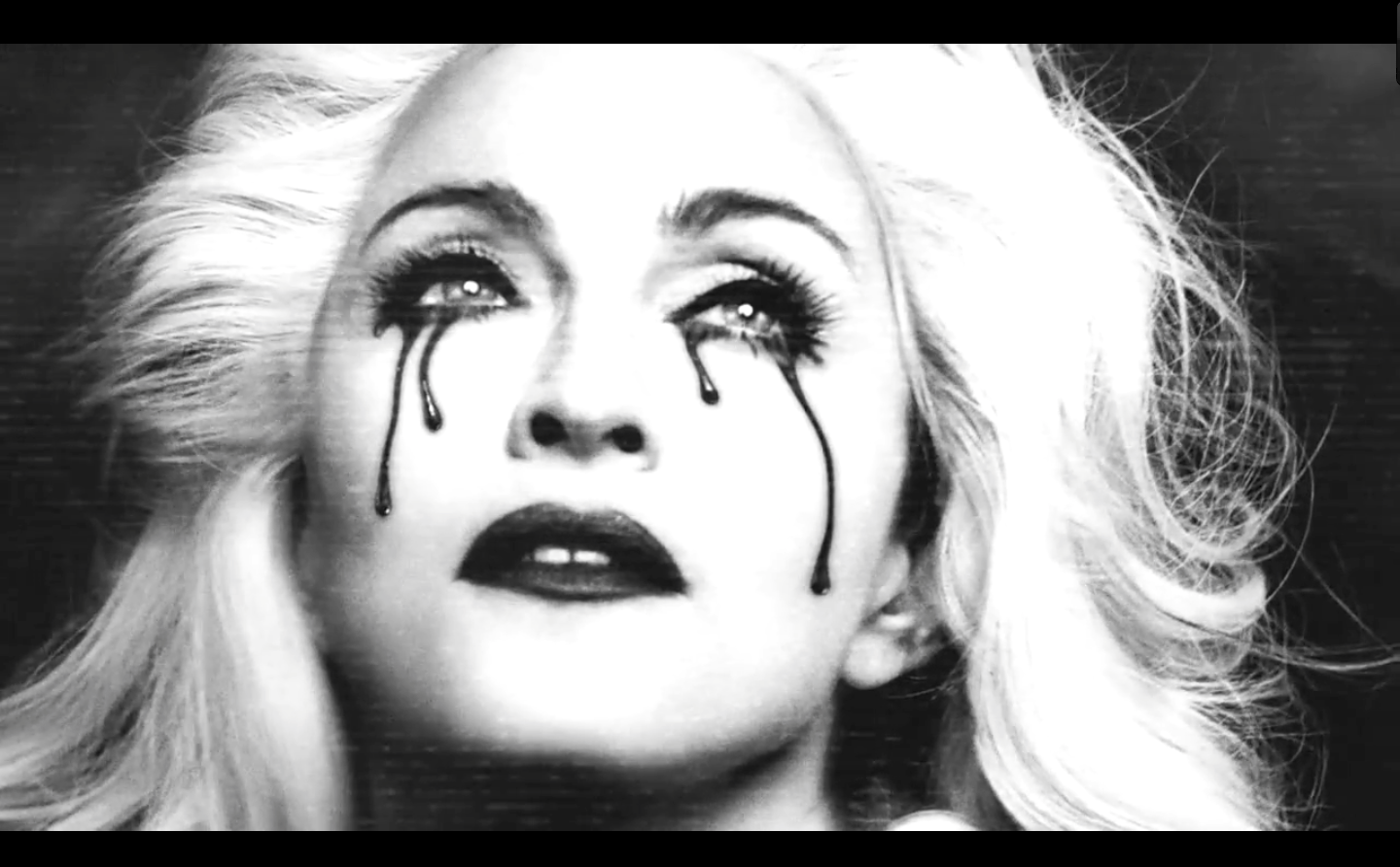"The Damned Don’t Cry": Melancholia and White British Masculinity in 1980s Synthpop Music
Pubblicato 2020-12-04
Come citare
Abstract
In "Mourning and Melancholia," Freud describes the primary symptoms of melancholia as "a profoundly painful dejection, cessation of interest in the outside world, loss of the capacity of love, inhibition of all activity, and a lowering of the self-regarding feelings." This is also a fairly accurate description of early 1980s synthpop music, which was full of white male British singers who maintained a numbed affect as they performed lyrics about loss, inaction, and inability.
Although some critics have derided this music as unemotional, this article explores how 1980s synthpop songs dramatize a kind of self-splitting, wherein the intense affect of grieving is displaced onto women and machines, while the singer maintains his impassive melancholy. Examining such popular acts as Blancmange, Thomas Dolby, A Flock of Seagulls, Ultravox, and Visage, it analyses both the songs themselves and their accompanying music videos to examine the performance of masculinity within them.
Drawing from Derrida’s work on hauntology, it also considers how 1980s UK synthpop performers were both haunted by Britain’s past and frightened that it may have no future. Enacting a repressed affect"”the so-called "stiff upper lip""”that had served middle-class white men well in Britain’s imperial glory days but served little purpose by the 1980s, these singers dramatize the dilemma of not knowing how to develop alternative modes of sensitive yet emotionally direct masculinity.
Riferimenti bibliografici
- Works Cited
- Andrews, Nigel. 2005. "Sir John Mills dies aged 97." The Financial Times, 23 April.
- Bannister, Matthew. 2006. White Boys, White Noise: Masculinities and 1980s Indie Guitar Rock. London: Ashgate.
- Cateforis, Theo. 2011. Are We Not New Wave? Ann Arbor: Michigan UP.
- Derrida, Jacques. 1993. Specters of Marx. Translated by Peggy Kamuf. New York: Routledge.
- Freud, Sigmund. 1957. Volume XIV: On the History of the Psychoanalytic Movement, Papers on Metapsychology, and Other Works. Translated by James Strachey. London: Hogarth Press.
- Moore, Allan F. 2012. Song Means: Analyzing and Interpreting Recorded Popular Song. London: Ashgate.
- Plain, Gill. 2006. John Mills and British Cinema: Masculinity, Identity, and Nation. Edinburgh: Edinburgh UP.
- Reynolds, Simon. 2017. "Why Burial's Untrue is the Most Important Electronic Album of the Century So Far." Pitchfork, October 26. Accessed 13 November 2020. https://pitchfork.com/features/article/why-burials-untrue-is-the-most-important-electronic-album-of-the-century-so-far/.
- Savran, David. 1998. Taking it Like a Man: White Masculinity, Masochism, and Contemporary American Culture. Princeton: Princeton UP.
- Tsu, Jing. 2005. Failure, Nationalism, and Literature. Stanford: Stanford UP.
- Warhol, Robyn. 2003. Having a Good Cry: Effeminate Feelings and Pop Culture Forms. Columbus: Ohio State UP.
- Williams, Raymond. 1977. Marxism in Literature. Oxford: Oxford UP.
- Williams, Raymond. 1979. Politics and Letters: Interviews with New Left Review. London: Verso.
- Selected Videography
- Adams, Bryan, "Run to You" (1984). Accessed 13 November 2020. https://www.youtube.com/watch?v=nCBASt507WA
- A Flock of Seagulls, "Wishing (If I Had a Photograph of You)" (1982). Accessed 13 Novembre 2020. https://www.youtube.com/watch?v=opkzgLMH5MA
- Blancmange, "Waves" (1983). Accessed 13 November 2020. https://www.youtube. com/watch?v=FwjFw6UxcD0
- Blue Nile, "Stay" (1984). Accessed 13 November 2020. https://www.youtube.com/ watch?v=yDGR8R5e0Qs
- Bronski Beat, "Smalltown Boy" (1984). Accessed 13 November 2020. https://www.youtube.com/watch?v=88sARuFu-tc
- Dolby, Thomas, "One of Our Submarines" (1982). Accessed 13 November 2020. https://www.youtube.com/watch?v=8OsZTJ5vfUs
- Eurythmics, "Never Gonna Cry Again" (1981). Accessed 13 November 2020. https://www.youtube.com/watch?v=5KLruiHP8U8
- Fixx, "Stand or Fall" (1982). Accessed 13 November 2020. https://www.youtube.com/ watch?v=hAofFHPRZTE
- Freur, "Doot Doot" (1983). Accessed 13 November 2020. https://www.youtube.com/ watch?v=aexff90ZWiQ
- Godwin, Peter, "Images of Heaven" (1982). Accessed 13 November 2020. https://vimeo. com/150471991
- Sex Pistols, "God Save the Queen" (1977). Accessed 13 November 2020. https://www. youtube.com/watch?v=yqrAPOZxgzU
- Tears for Fears, "Mad World" (1982). Accessed 13 November 2020. https://www. youtube.com/watch?v=u1ZvPSpLxCg
- Tears for Fears, "Shout" (1984). Accessed 13 November 2020. https://www.youtube. com/watch?v=Ye7FKc1JQe4
- Ultravox, "Dancing with Tears in my Eyes" (1984). Accessed 13 November 2020. https://www.youtube.com/watch?v=PSQWUZ8a2Ho
- Ultravox, "Reap the Wild Wind" (1982). Accessed 13 November 2020. https://www. youtube.com/watch?v=NevzImTG_U0
- Van Halen, "Jump" (1984). Accessed 13 November 2020. https://www.youtube.com/ watch?v=SwYN7mTi6HM
- Visage, "The Damned Don't Cry" (1982). Accessed 13 November 2020. https://www.youtube.com/watch?v=nVsrcmW3Yc8

